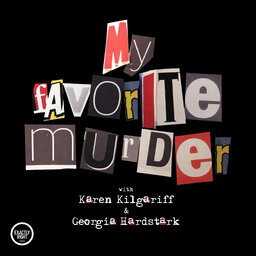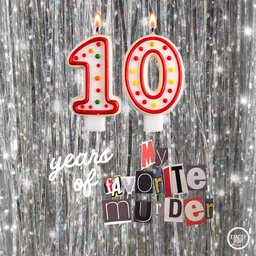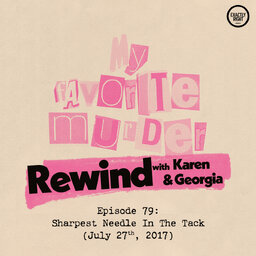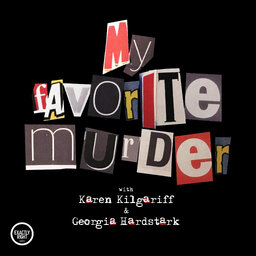This week, Georgia covers the disappearance of John Darwin and Karen tells the story of Victorian-era activist Josephine Butler.
For our sources and show notes, visit www.myfavoritemurder.com/episodes.
Support this podcast by shopping our latest sponsor deals and promotions at this link: https://bit.ly/3UFCn1g.
My Favorite Murder with Karen Kilgariff and Georgia Hardstark
My Favorite Murder is a true crime comedy podcast hosted by Karen Kilgariff and Georgia Hardstark. E…Social links
Follow podcast
Recent clips

MFM Minisode 471
26:50

515 - 10 Year Anniversary Special!
1:30:07

Rewind with Karen & Georgia - 79: Sharpest Needle In The Tack
1:39:39
 My Favorite Murder with Karen Kilgariff and Georgia Hardstark
My Favorite Murder with Karen Kilgariff and Georgia Hardstark